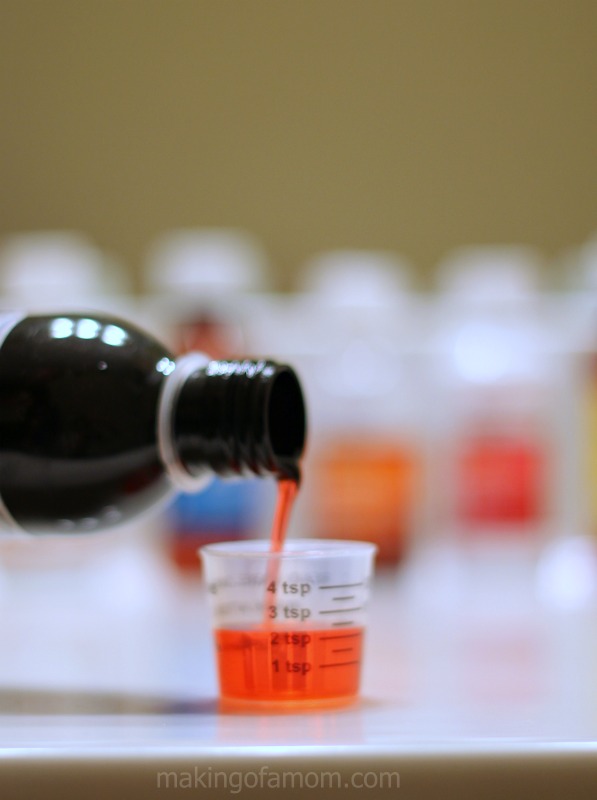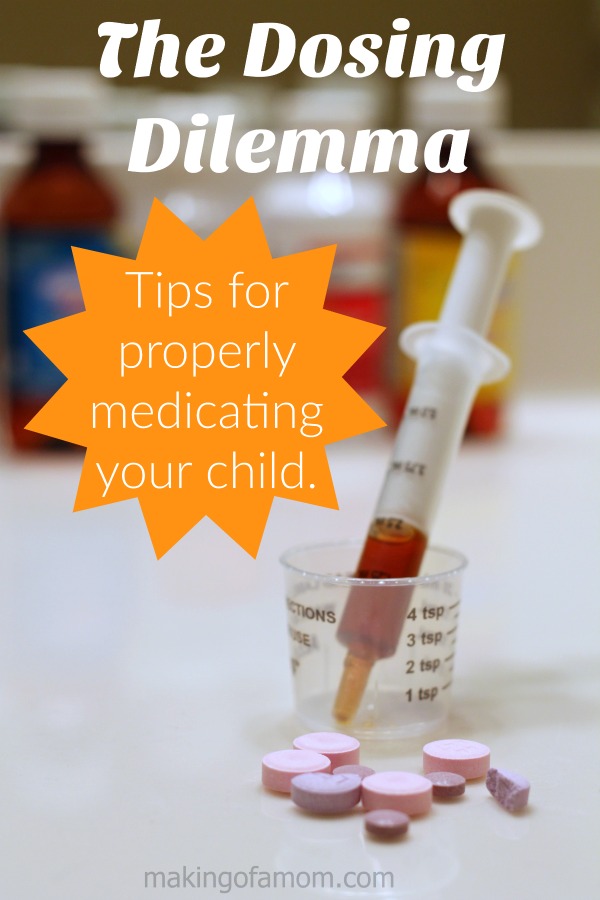This post has been sponsored a Children’s Mercy Hospital Mom Ambassador. All opinions are my own. Your experience may differ.

Currently, Children’s Mercy is exploring a new platform, aptly called GOLDILOKs, that helps doctors find the right dose for treating leukemia, ADHD and other medical diagnoses. The platform integrates patients’ medical records to provide real-time results, allowing physicians to simulate a dose based on the desired effect for the patient. You can read further about GOLDILOKs here.
The “Goldilocks” approach of getting it “just right” in the case of administering medication is at the core of Children’s Mercy expertise. Every employee is trained to treat kids, which includes specific knowledge for prescribing the right amount, frequency and regimen for any medication or treatment.
Here are some tips for properly medicating your child.
Growth Affects the Dosage
Primarily, pharmaceutical companies are basing the dosage of a medication off the growth and development of a child. They are using a generalization to determine a dosage that is based on the norm growth chart. They look at height, weight, and body mass when determining the dosage amount to put on the back of the bottle. Therefore, when you look at the back of the bottle, and see your child’s age, you will also want to look at the averages for that age.
Always Give Medication Based on Child’s Weight

You Can Overdose Your Child Without Knowing
Let’s say your child has a cough and a fever. Many times parents will give the child the cough medicine then give them some Tylenol. You must be careful when your child has multiple symptoms. Just because they have multiple symptoms does not mean they need multiple medications. Many times, cough and cold medicines already include Tylenol, so if you give your child both the cold medicine and Tylenol, they could have a Tylenol overdose. Check the back of the bottles to ensure you are not doubling a dose.
A helpful tip includes writing down the times that medicine is given. This especially helps in cases where you might be alternating Tylenol and Motrin. Keeping a record will insure that the medicines are administered with correct time between them.
Genetics can Affect the Dosage

- Whether a medication may be an effective treatment
- What the best dose of medication is
- Whether the child will have serious side effects of a medication.
When figuring out a medication and dosage for your child, the best strategy is to talk with your doctor. As Steven Leeder, director of clinical pharmacology and therapeutic innovation for Children’s Mercy, says, “(We’re) interested in making medications more effective for kids. People try to scale adult data for kids. … How would you scale a dose from a 70-kilogram adult to a 1-year-old?”
Remember there are some medications that aren’t appropriate for children. If you are unsure of a medication and whether or not you should give it to your child, call a healthcare professional.


Dana MATTHEWS says
I’m always afraid I’m going to over medicate my girls. I do understand you have to look at age and weight both to determine the amount to give them. Just not an easy decision to make. Thanks for sharing your post.